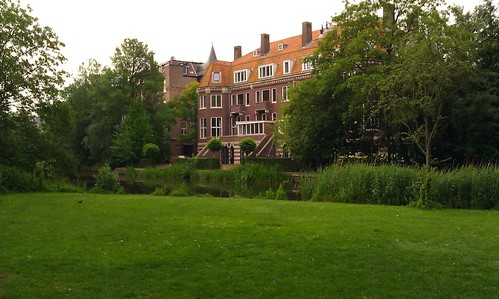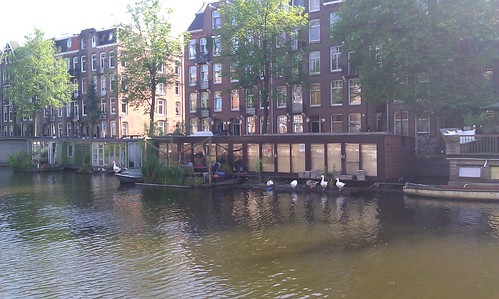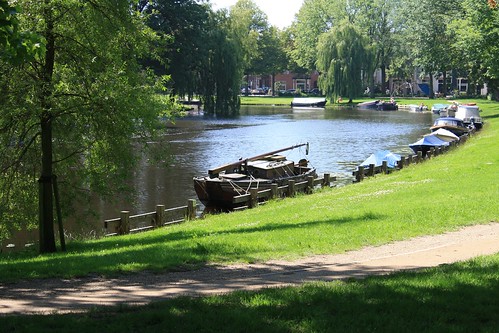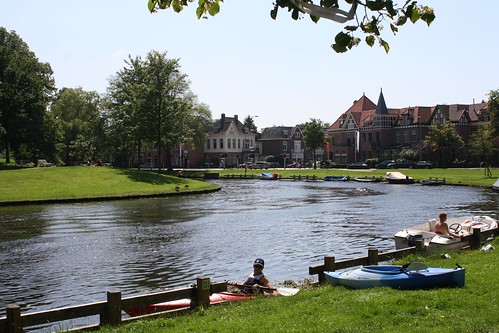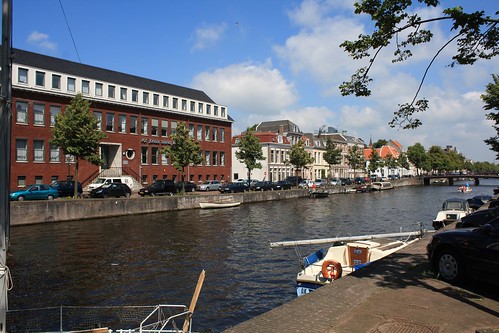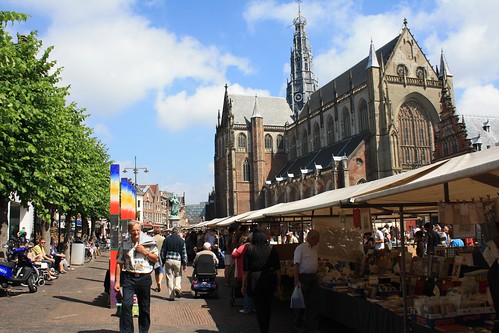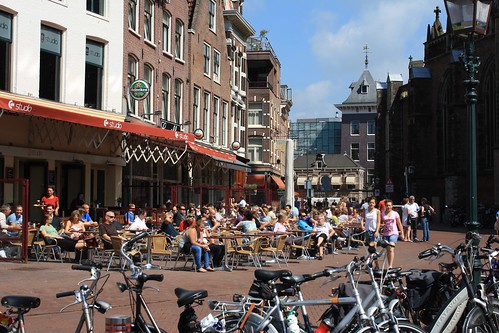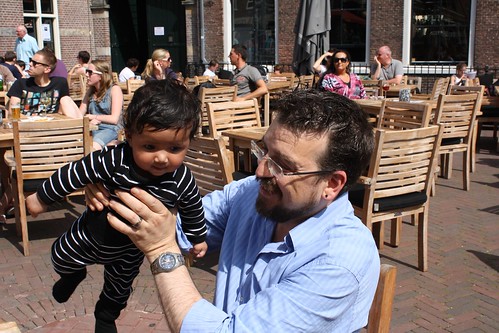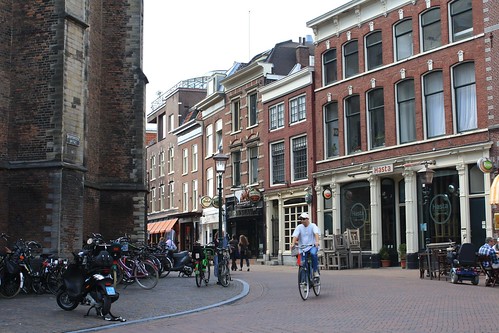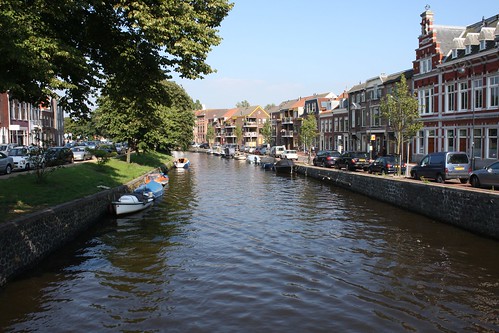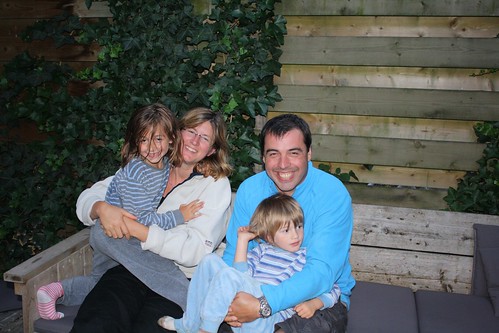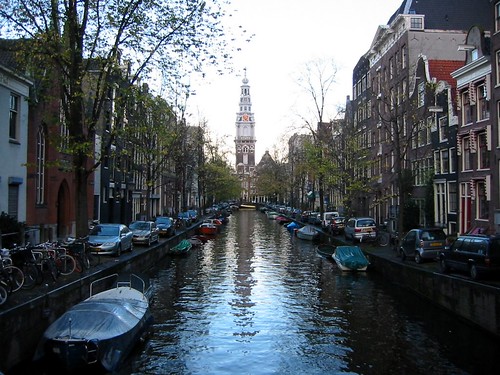Note: if you if a company willing to sponsor work permits and recruit people from overseas and would like to be written up in this blog, get in touch. I'll happily write something up.
Update: I got into work this morning to see their conference banners. While their flyers were uninteresting, one of their banners has a lovely picture of an Amsterdam canal. Much nicer.
I'll be in Portland, Oregon, for the
2011 OSCON conference. My employer,
booking.com, is sending me and I'll be spending part of my time down in the vendor area, trying to recruit people to move to Amsterdam. I actually enjoy recruiting and I love trying to help people move to other countries, so it's a win-win for me. Actually, it's a win-win-win because I lived in Portland for many years and have a lot of friends there.
Since I recruit I went ahead and let my employers know I would blog about our positions and I asked what I can and cannot talk about in regards to the job. They gave me the go ahead, with few restrictions. This is where their idea of recruiting and my idea of recruiting diverge. I looked at our recruiting flyers and they were, um, rather dull. They explained who were were and what we did and they had
nothing interesting or unusual, except down near the bottom (if you read that far) there was a passing mention of Amsterdam. This is disappointing because we're really a great place to work and have a fun work culture, but that's awfully hard to convey.
You've all seen flyers like that. You've been around the block and you know darn well that no one is going to recruit you and tell you the job sucks. Flyers like that are begging you to yawn.
Here's a proof of concept of what I would do for a flyer:
That's what it's about, baby.
So for people living outside of Europe, there are roughly two types:
- People who don't want to move to Europe.
- People who do want to move to Europe.
For the "don'ts", the job doesn't matter. For the "do's", the job doesn't matter. Sure, I know some of you will protest "of course it matters!" and for many of you, it will. However, I've been studying expat issues for a long time and I
guarantee that for the majority of people who are clamoring to move to Europe, they'll consider shoveling latrines if they saw it as a stepping stone to staying here.
What? Still don't believe me? In fulfilling my recruiting role, I went to Reddit's
/r/IWantOut community and
talked up the job. I got a ton of resumes to forward along and some of them seem fantastic. If you read that post, you only see the comments. You don't see the ton of private messages I received. And you know what? With only a couple of exceptions,
no one asked me what the job was like. Sure, a couple asked if the pay was reasonable and some asked me if I thought they were qualified to work for us, but honestly, no one gave a damn. They were sending in resumes left and right and I had to go back to them ask them to
send me a link to the specific job they wanted to apply for. Yes, that's a community of people who specifically announce that they want to live in another country, but I see this everywhere, not just there.
By the way, we're still hiring loads of IT people from network admins up to various types of front end (html+css+javascript) to back end (mostly Perl) developers. And yes, we'll pay you to relocate to Amsterdam.

